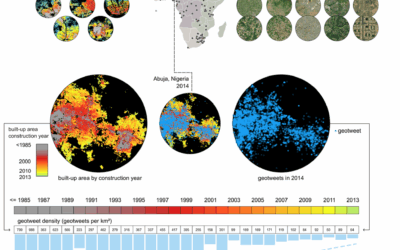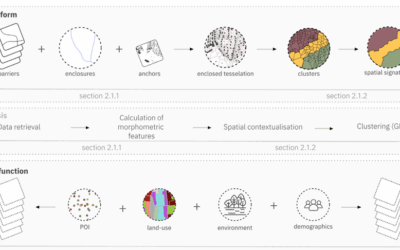New publication on urban expansion simulation
Researchers from the Swiss Federal Institute of Technology of the ETH Zurich, the Department of Architecture of the University of Cambridge and the Earth Observation Center (EOC) of the German Aerospace Center (DLR) in Oberpfaffenhofen teamed up for a study on urban expansion simulation. The paper titled “Urban expansion simulation with an explainable ensemble deep learning framework” was just published in the Heliyon journal by Yue Zhu, Christian Geiß, Emily So, Ronita Bardhan, Hannes Taubenböck and Ying Jin.
Here is the abstract: Urban expansion simulation is of significant importance to land management and policymaking. Advances in deep learning facilitate capturing and anticipating urban land dynamics with state-of-the-art accuracy properties. In this context, a novel deep learning-based ensemble framework was proposed for urban expansion simulation at an intra-urban granular level. The ensemble framework comprises i) multiple deep learning models as encoders, using transformers for encoding multi-temporal spatial features and convolutional layers for processing single-temporal spatial features, ii) a tailored channel-wise attention module to address the challenge of limited interpretability in deep learning methods. The channel attention module enables the examination of the rationality of feature importance, thereby establishing confidence in the simulated results. The proposed method accurately anticipated urban expansion in Shenzhen, China, and it outperformed all the baseline methods in terms of both spatial accuracy and temporal consistency.
Here is the link to the full paper: https://www.sciencedirect.com/science/article/pii/S2405844024043494








